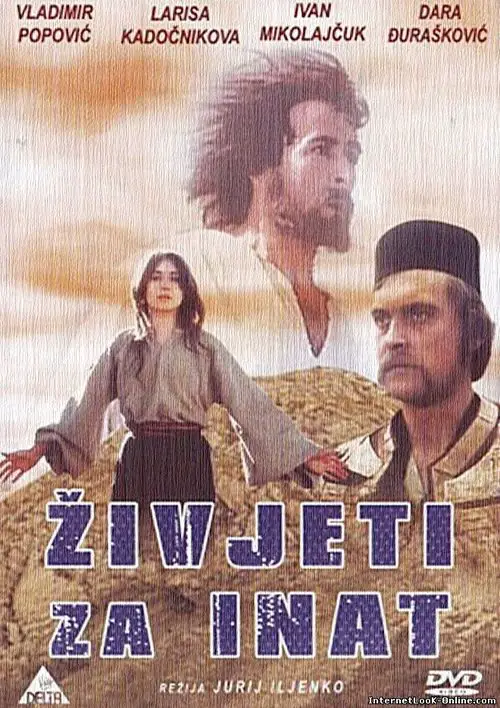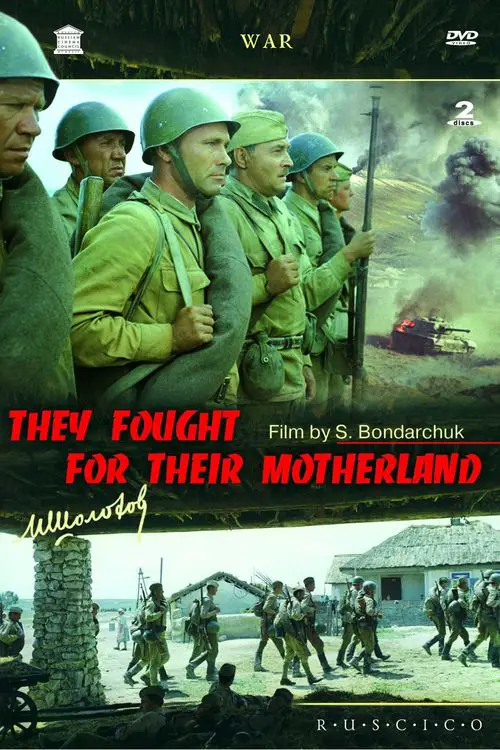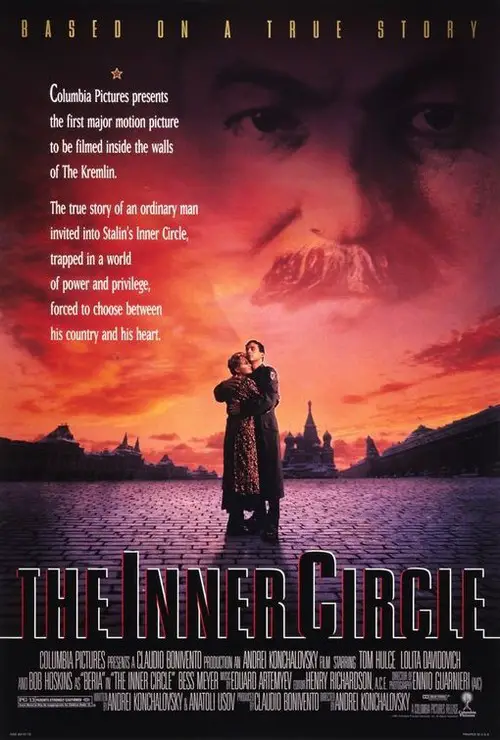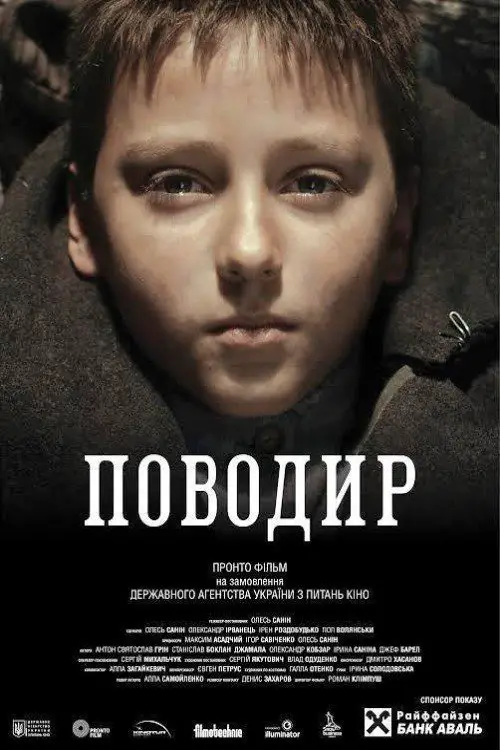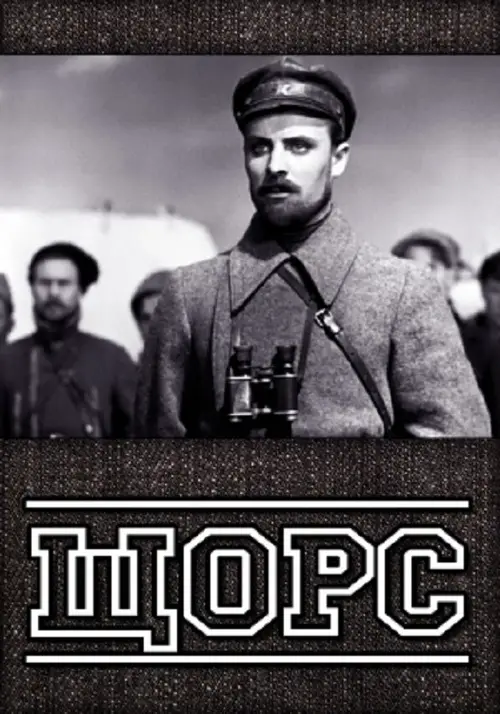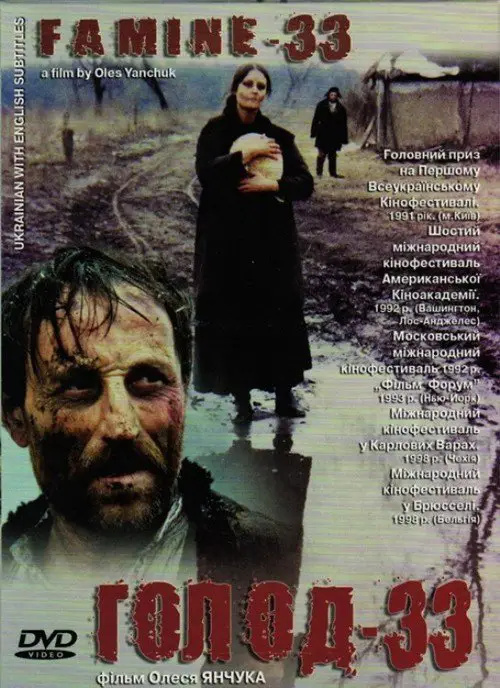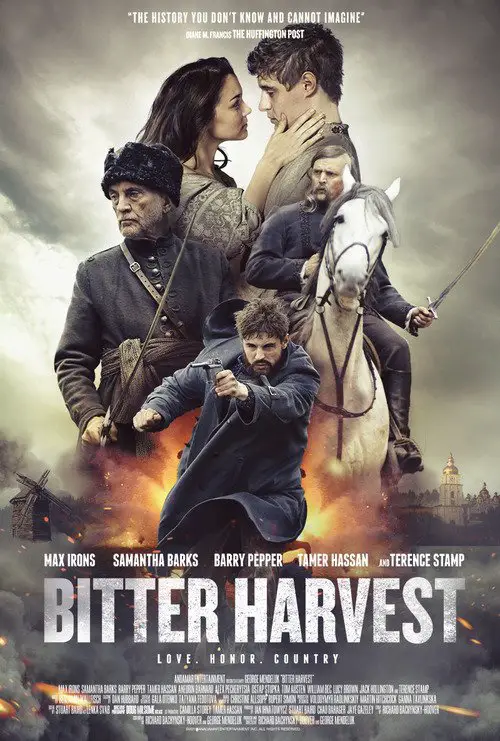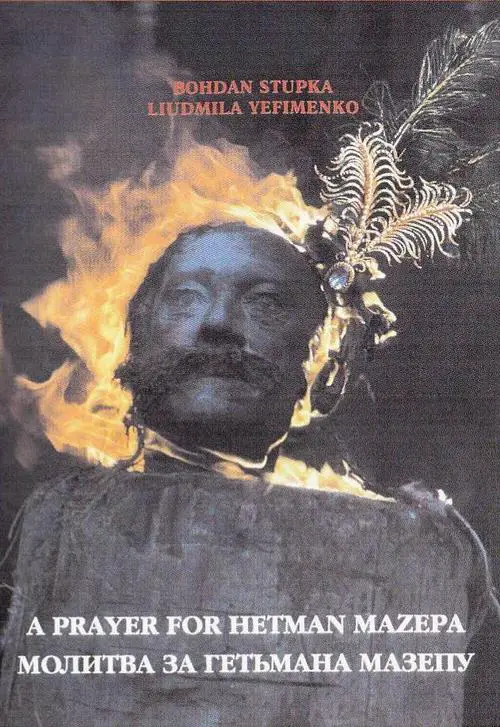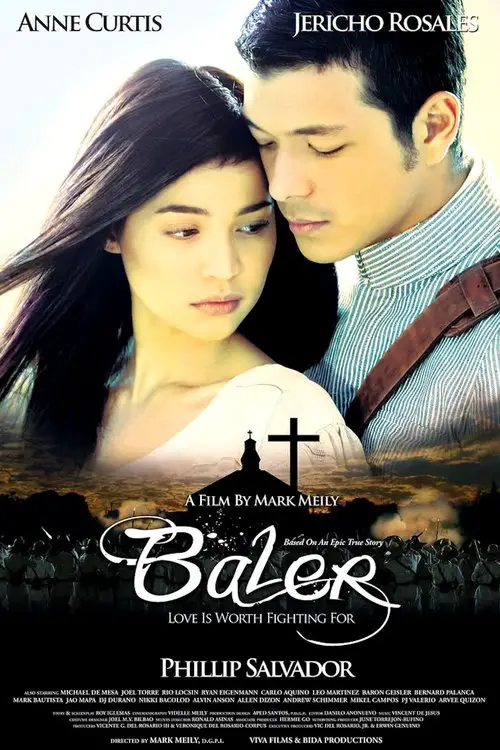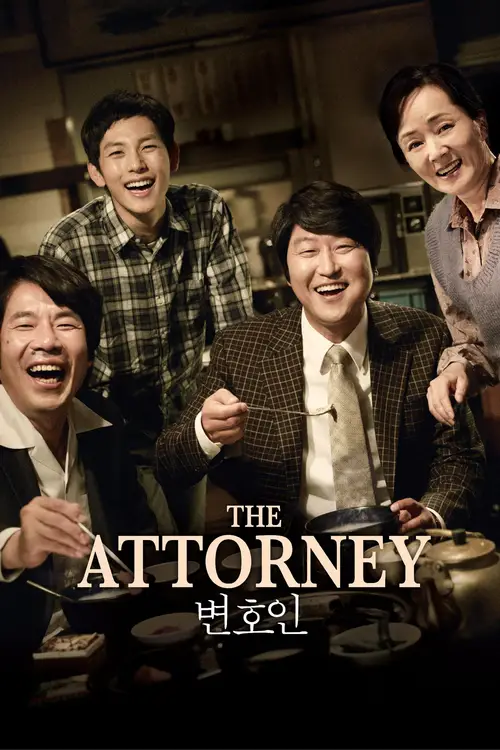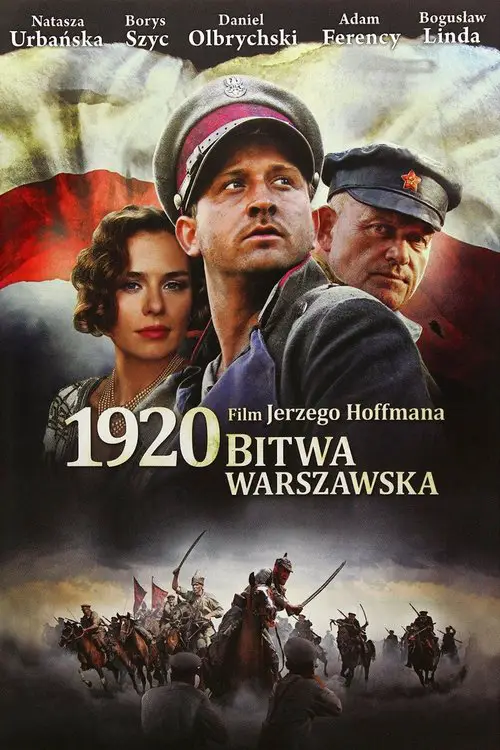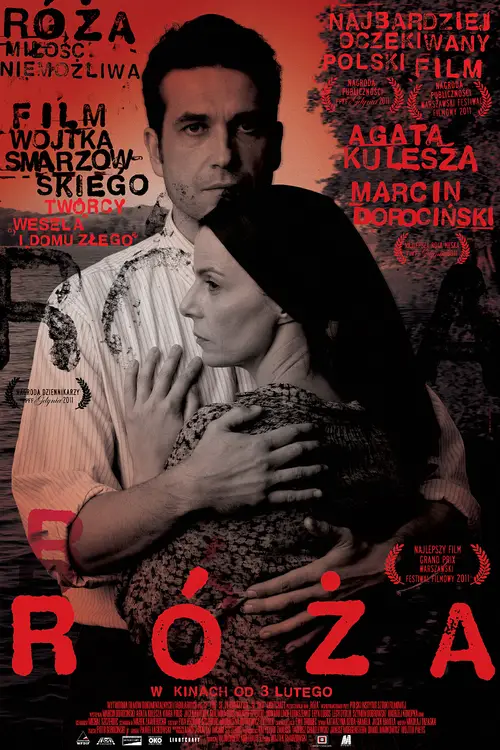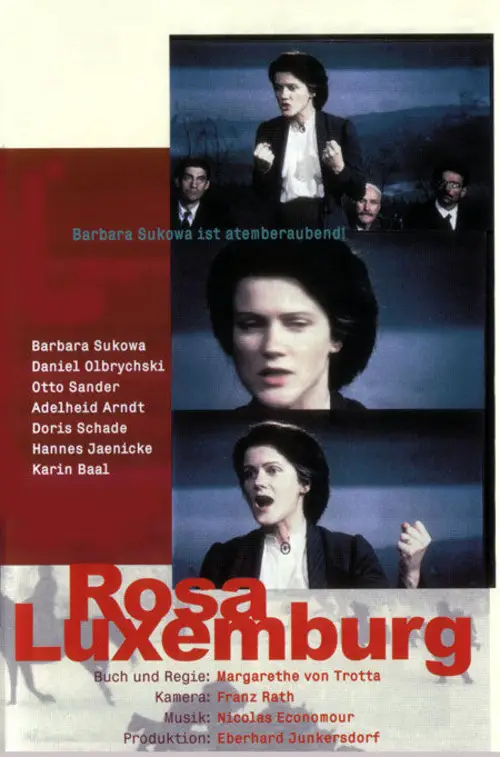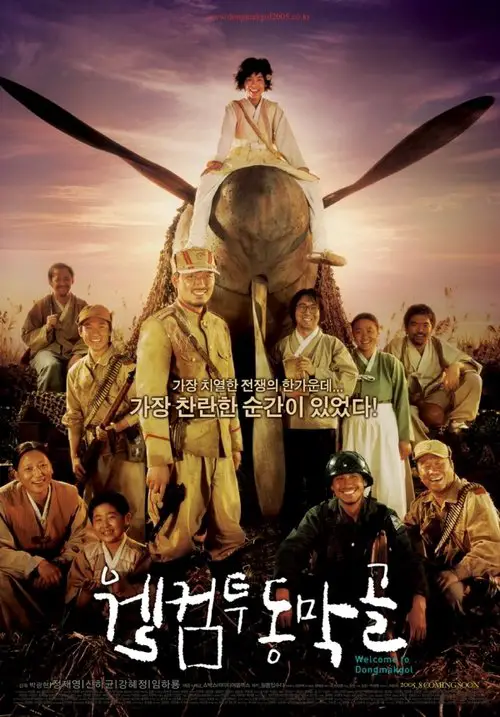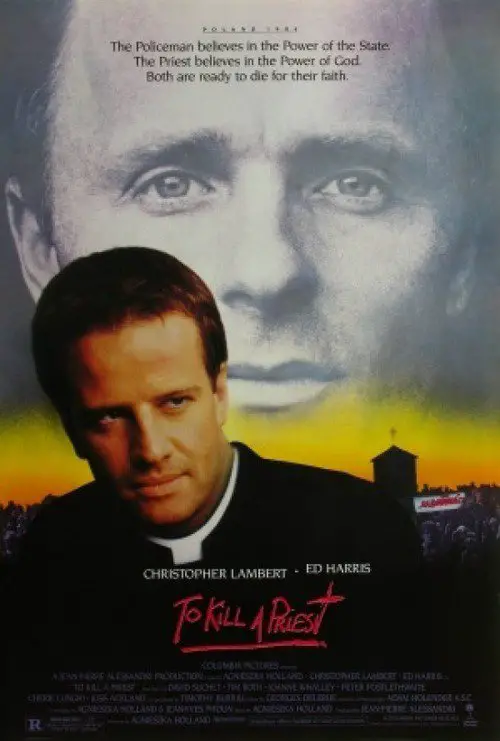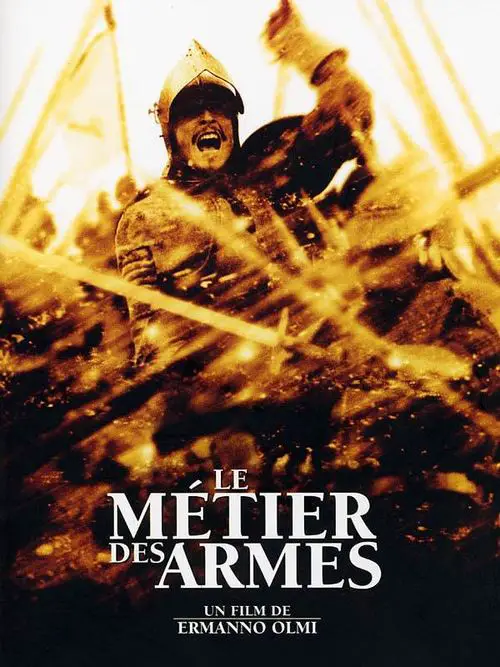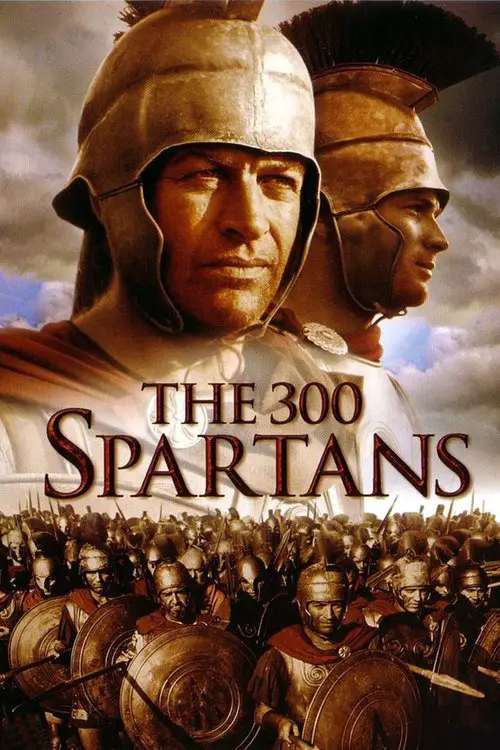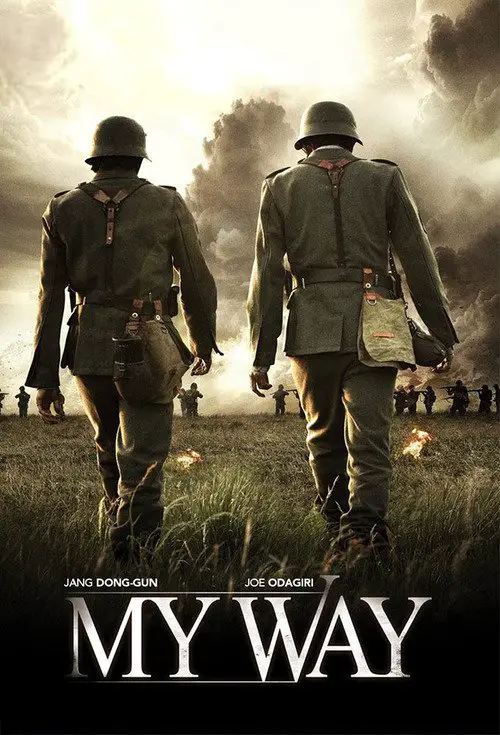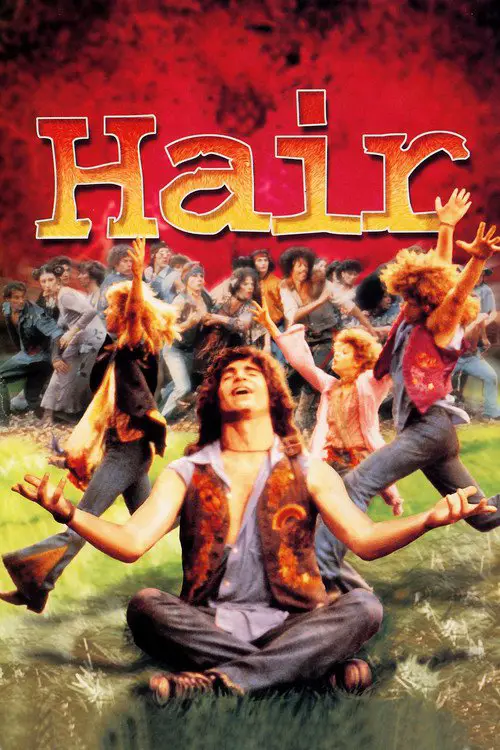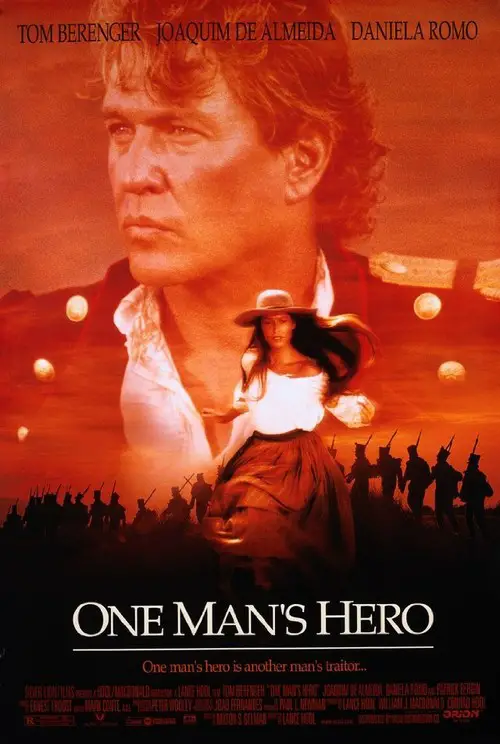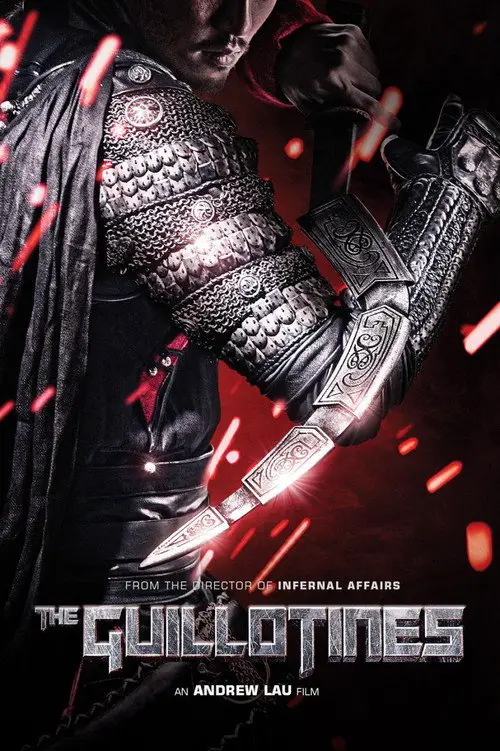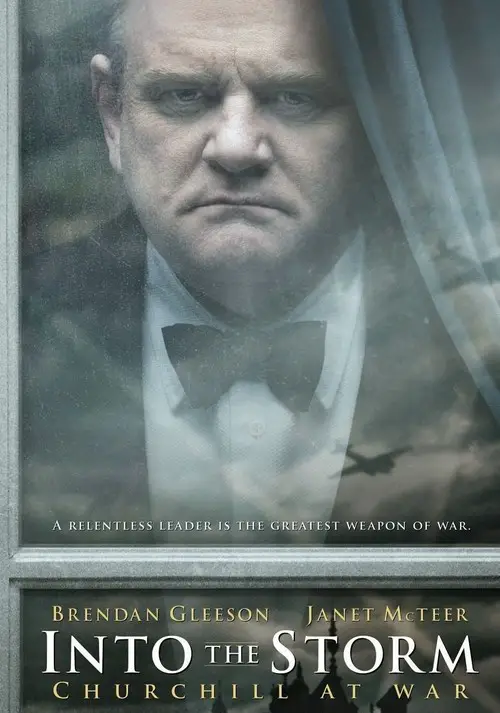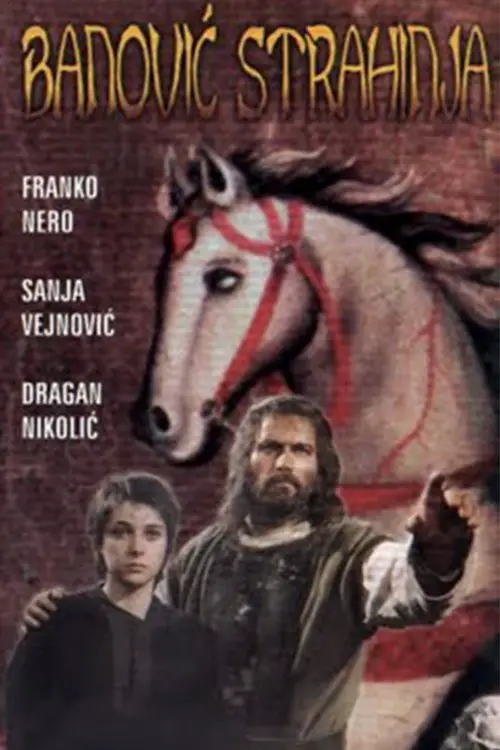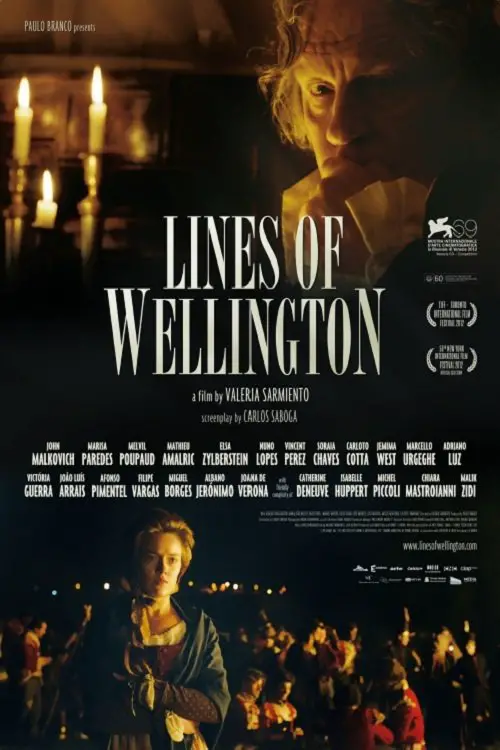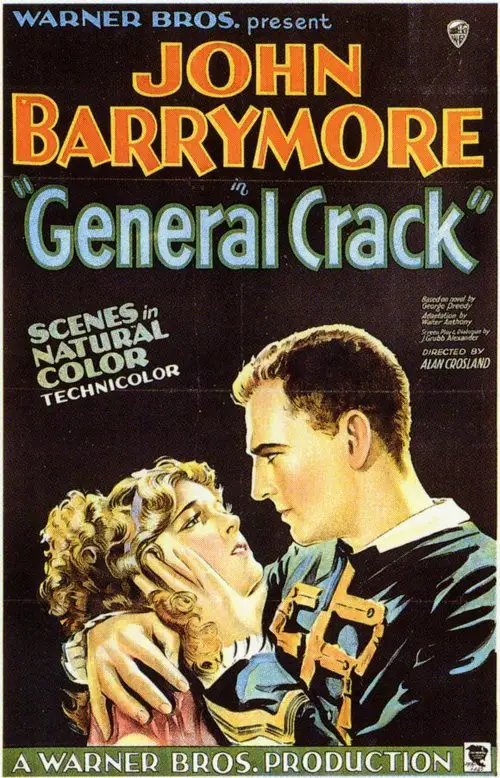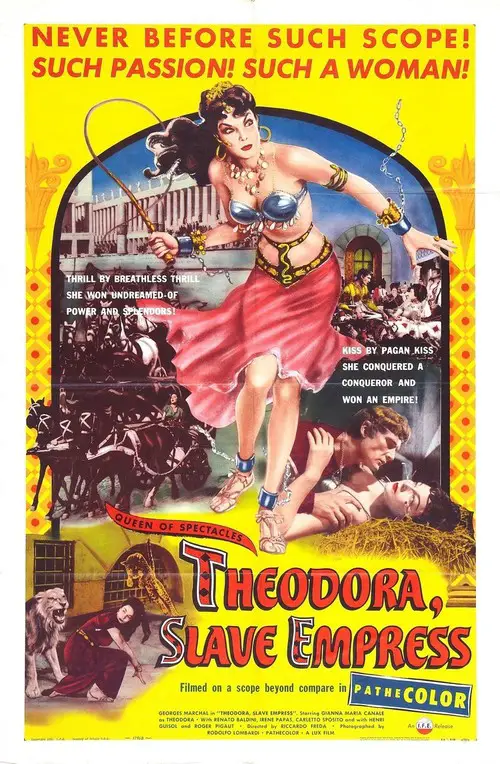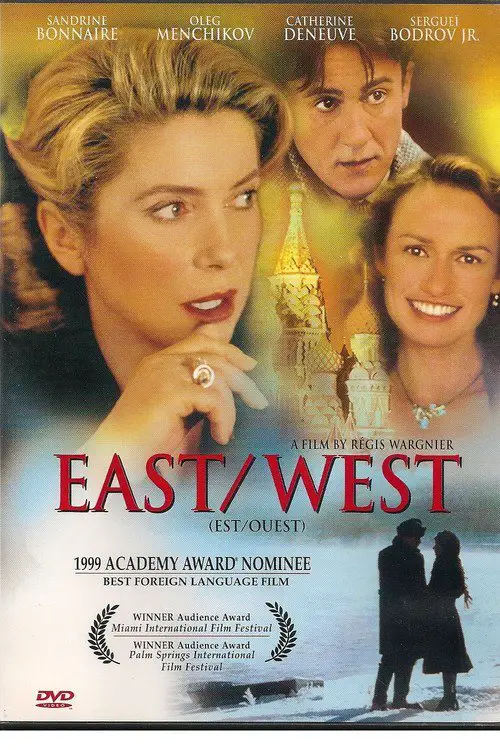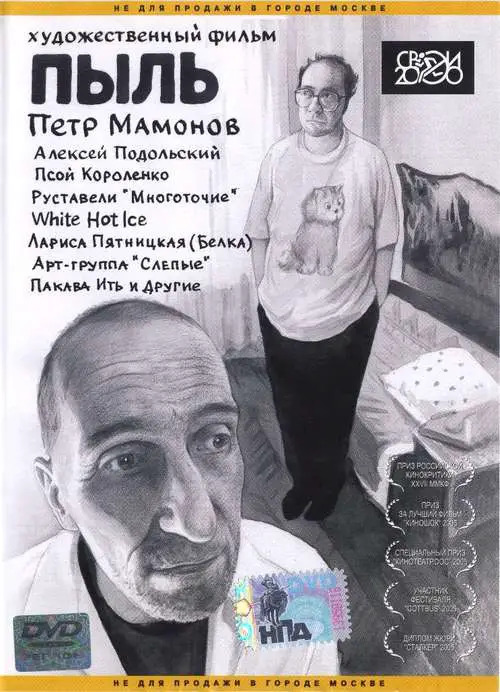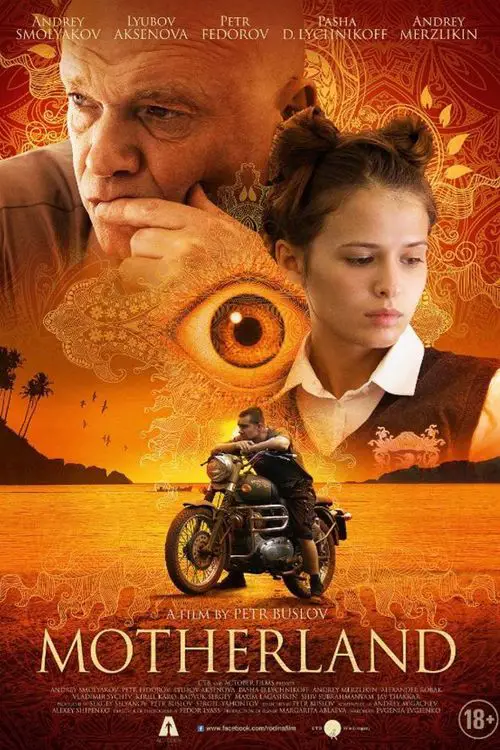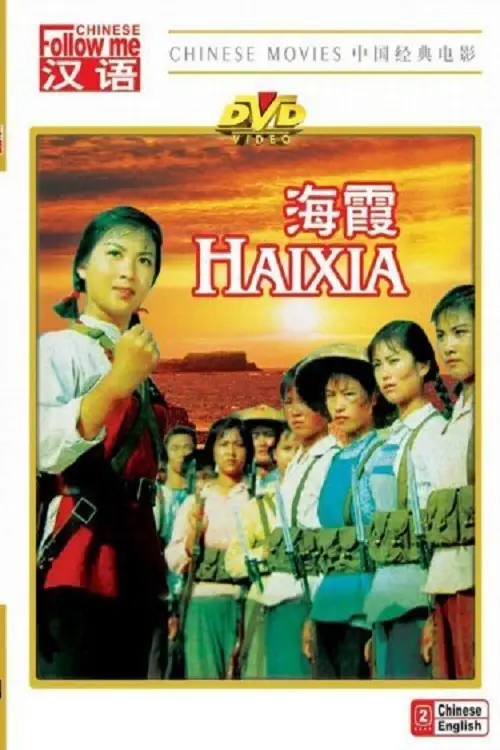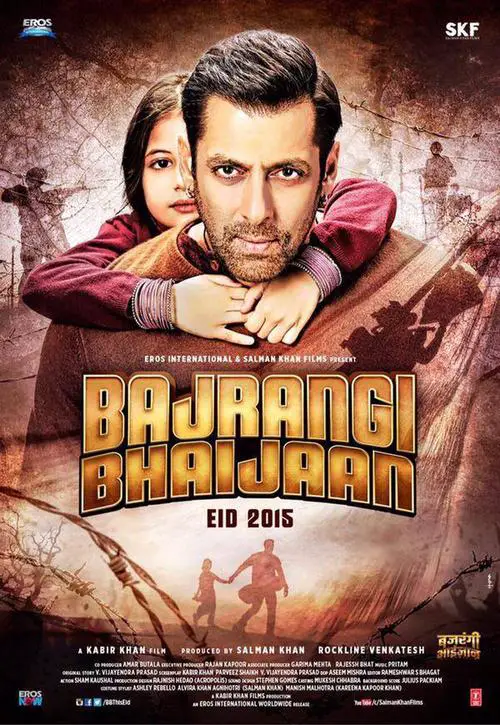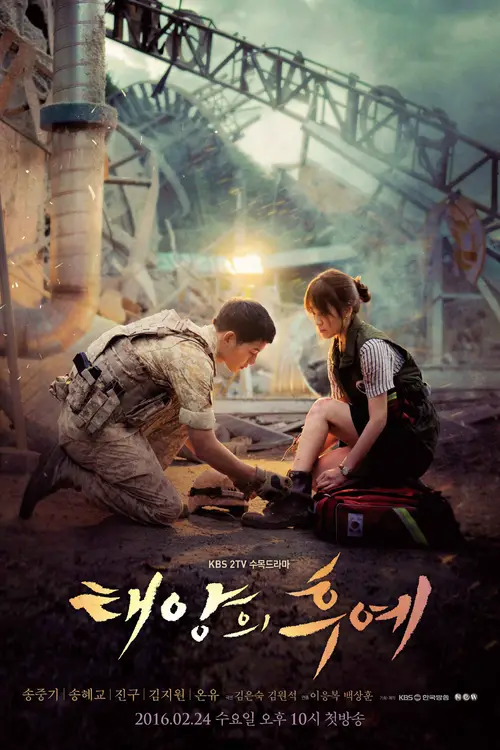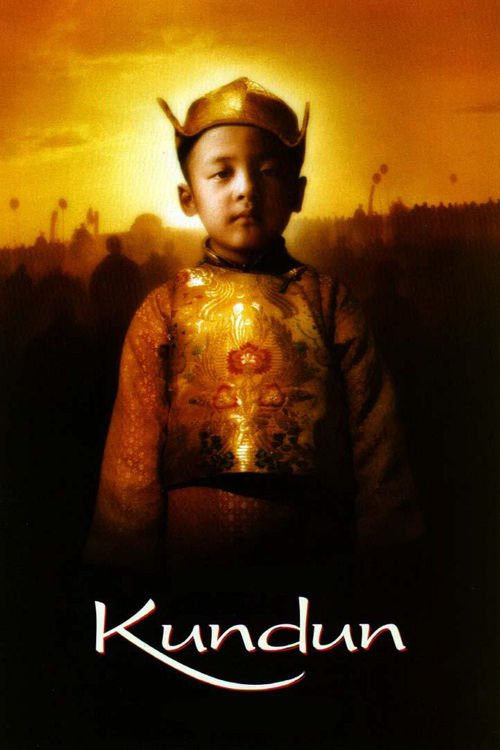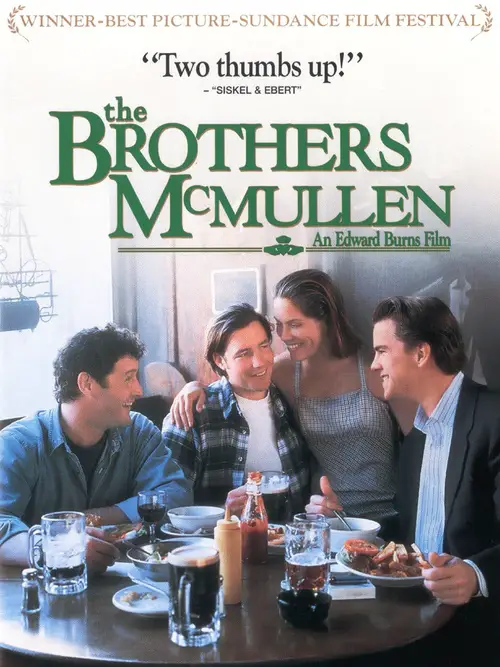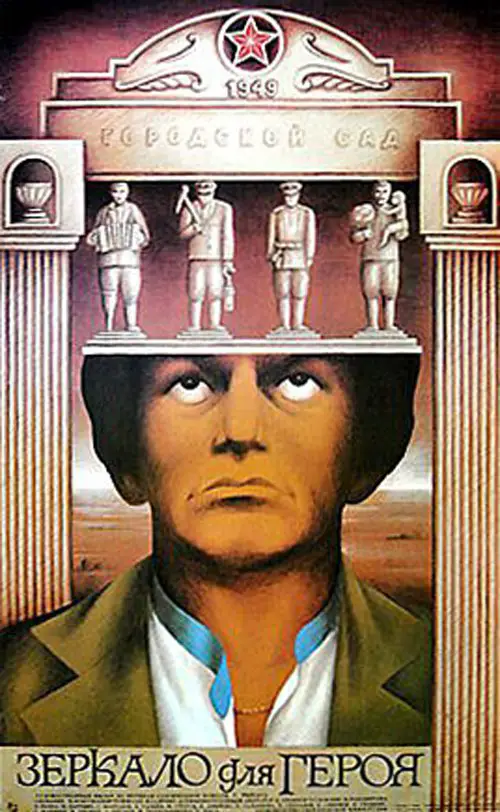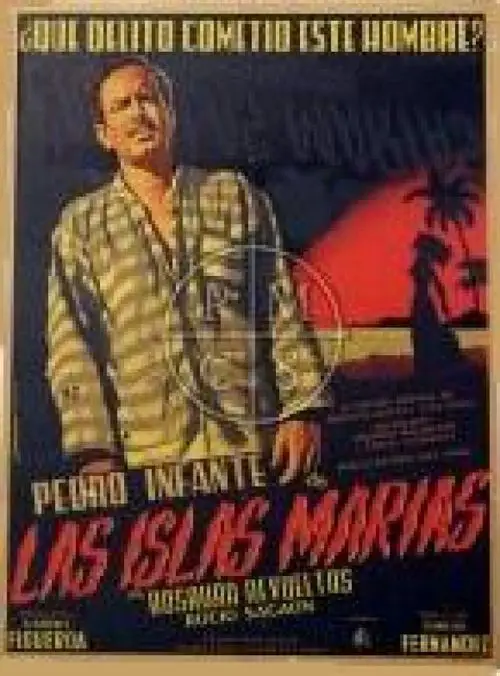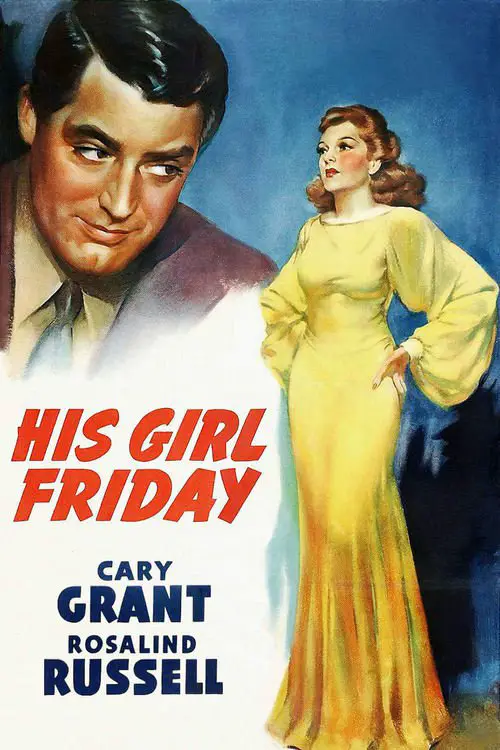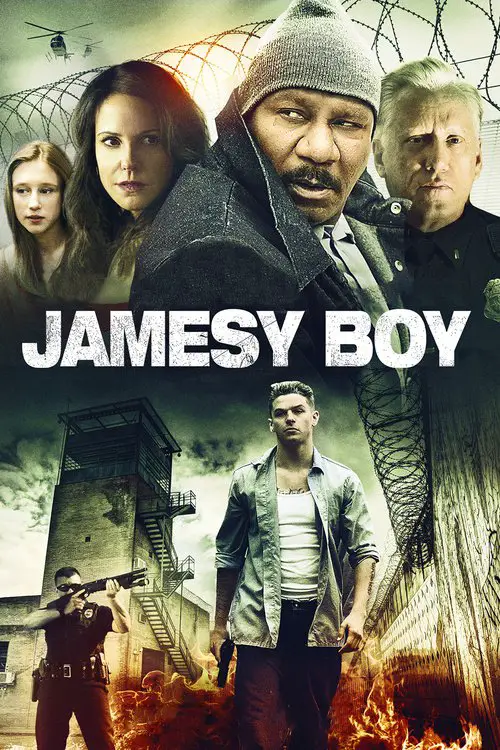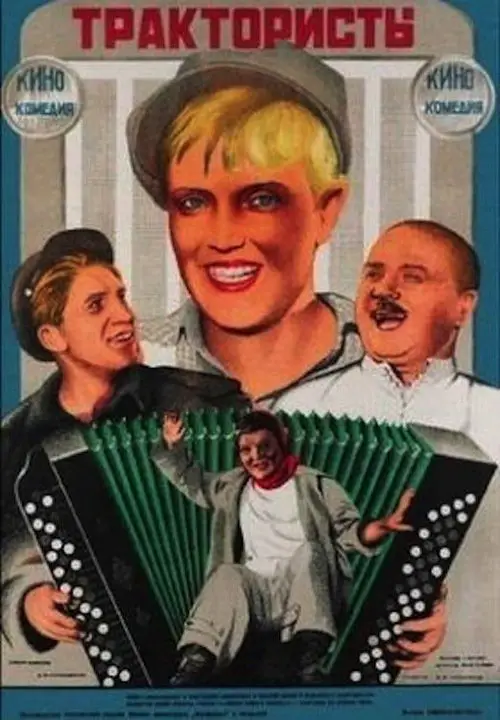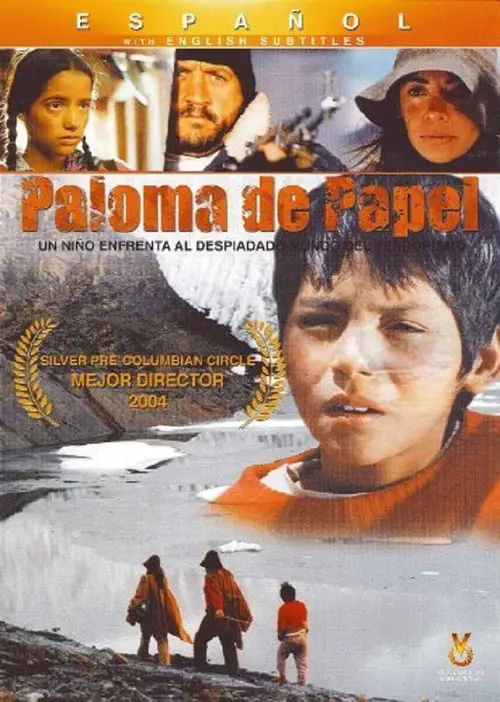Bogdan Khmelnitsky (1941)
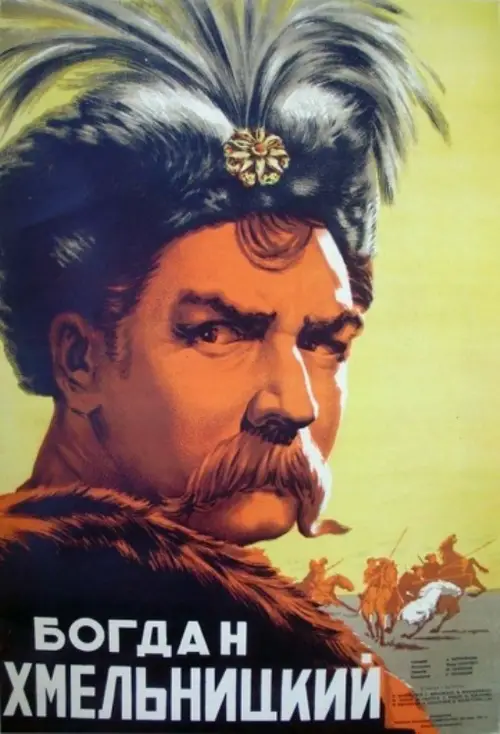
Similar movies
In July 1942, in the Second World War, the rearguard of the Russian army protects the bridgehead of the Don River against the German army while the retreating Russian troops cross the bridge. While they move back to the Russian territory through the countryside, the soldiers show their companionship, sentiments, fears and heroism to defend their motherland.
The true story of Ivan Sanchin, the KGB officer who was Stalin's private film projectionist from 1939 until the dictator's death. Told from Sanchin's view, the sympathetic but tragically flawed hero maintains unwavering faith in his "Master" despite the arrest of his neighbors and his involvement with their daughter, his wife's affair with the chilling State Security chief Lavrentii Beria and her tragic decline, and the deadly political machinations within the Kremlin he witnesses firsthand. Written by Martin H. Booda
The year is 1919. German troops retreat from Ukraine. The Directory, the Ukrainian national government lead by Symon Petliura, takes control of Kyiv. Meanwhile, the Bolshevik division commanded by Mykola Shchors is marching on the capital. The Bolsheviks capture the cities of Vinnytsia, Zhmerynka, and others one by one, but lose Berdychiv to Petliuraâs forces. They are demoralized by the defeat. By his personal example of courage and military skill, Shchors inspires the retreating Red troops and leads them to victory over the enemy.
Set between the two World Wars and based on true historical events, Bitter Harvest conveys the untold story of the Holodomor, the genocidal famine engineered by the tyrant Joseph Stalin. The film displays a powerful tale of love, honour, rebellion and survival at a time when Ukraine was forced to adjust to the horrifying territorial ambitions of the burgeoning Soviet Union.
'A Prayer for Hetman Mazepa' unfolds during an interesting era in the history of Eastern Europe when Russia, under Peter the Great, and Sweden, under King Charles XII, struggled for power; the Ukraine was the pawn in the middle. In 1709, Ivan Mazepa, Hetman of Ukraine, which was part of the Russian Empire, signed a pact with the Swedish king promising to support Sweden in its war against Russia provided that the Ukraine was given its independence.
In 1898, a band of Spanish soldiers heroically defended Baler (which was not yet the capital municipality of Aurora until 1951) against Filipino forces for 337 long and grueling days. The battle, now referred to as the Siege of Baler, is the setting of a forbidden love between a Mestizo soldier (Jericho Rosales) and a Filipina lass (Anne Curtis) who lived at the end of the 19th century.
In the early 1980s, South Korea is torn by student protests over the lack of representation in the government. Song Woo-Seok is a successful attorney in Busan specializing in tax law. His views regarding civil liberties are changed by student activist Park Jin-woo. When Jin-Woo is brutally tortured and put on trial for his activism, Woo-seok decides to defend Jin-woo as his client.
In 1944 Poland, a Jewish shop keeper named Jakob is summoned to ghetto headquarters after being caught out after curfew. While waiting for the German Kommondant, Jakob overhears a German radio broadcast about Russian troop movements. Returned to the ghetto, the shopkeeper shares his information with a friend and then rumors fly that there is a secret radio within the ghetto.
This harrowing tale of survival centers on Rose, a Masurian woman, whose German soldier husband was killed in the war, leaving her alone on their farm. A single woman had no defense against Russian soldiers who raped as a form of revenge, nor against plundering Poles who found themselves in desperate straits. Help arrives for Rose in the form of Tadeusz, a former officer in the Polish Home Army who deserted after he saw his wife raped and murdered by Russian troops and is attempting to hide his identity.
Wronke Prison, 1916. Social democrat Rosa Luxemburg faces a mock execution. Twenty years earlier, Rosa's political gifts are acknowledged by everyone, as she struggles for democratic government in Germany and revolution in Poland. There she works closely with Leo Jogiches. Their political activity creates some difficulty for their personal relationship... As international tensions rise, Rosa makes speeches denouncing war and militarism. She seems too radical for her fellow Socialists. She meets Karl Liebknecht. When World War I begins, Rosa and Karl are united in opposition...
A humble and simple Takezo abandons his life as a knight errant. He's sought as a teacher and vassal by Shogun, Japan's most powerful clan leader. He's also challenged to fight by the supremely confident and skilful Sasaki Kojiro. Takezo agrees to fight Kojiro in a year's time but rejects Shogun's patronage, choosing instead to live on the edge of a village, raising vegetables. He's followed there by Otsu and later by Akemi, both in love with him. The year ends as Takezo assists the villagers against a band of brigands. He seeks Otsu's forgiveness and accepts her love, then sets off across the water to Ganryu Island for his final contest.
In autumn of 1526, the Emperor, Charles V, sends his German landsknechts led by Georg von Frundsberg to march towards Rome. The inferior papal armies, commanded by Giovanni de'Medici, try to chase them in the midst of a harsh winter. Nevertheless, the Imperial armies manage to cross the rivers along their march and get cannons thanks to the maneuvers of its Lords. In a skirmish, Giovanni de'Medici is wounded in the leg by a falconet shot. The attempts to cure him fail and he dies. The Imperial armies assault Rome. The film is beautifully but unassumingly set, and shows the hard conditions in which war is waged and its lack of glory. It ends straightforwardly with the declaration made after the death of Giovanni de'Medici by the commanders of the armies in Europe of not using again fire weapons because of their cruelty.
English General Charles George Gordon, a devout Christian, is appointed military governor of Anglo-Egyptian Sudan by Prime Minister Gladstone. Ordered to evacuate Egyptians from the Sudan, General Gordon stays on to protect the people of Khartoum, who are under threat of being conquered by a Muslim army.
Inspired by a true story. Jun Shik works for Tatsuo's grandfather's farm while Korea is colonized by Japan, but he has a dream to participate in Tokyo Olympics as a marathon runner. Tatsuo also aims to become a marathon runner, so the two are in rivalry. But war breaks out and they both are forced to enlist in the army. Tatsuo becomes the head of defense in Jun Shik's unit and he devises a scheme but fails. Jun Shik and Tatsuo are captured by the Soviets. They run away but soon are captured by Germans and forced to separate. In 1944, they meet again at the shores of Normandy.
One Man's Hero tells the little-known story of the "St. Patrick's Battalion" or "San Patricios," a group of mostly Irish and other immigrants of the Catholic faith who deserted to Mexico after encountering religious and ethnic prejudice in the U.S. Army during the Mexican-American War. The plot centers around the personal story of John Riley, an Irishman who had been a sergeant in the American Army who is commissioned as a captain in the Mexican army and commands the battalion, as he leads his men in battle and struggles with authorities on both sides of the border
During the Manchurian-ruled Qing Dynasty, Emperor Yong Zheng established a secret assassination squad known as the Guillotines to eliminate all who opposed him. Once heavily favored by the Emperor, the Guillotines are deemed expendable once Emperor Qian Long ascends to the throne and adopts Western ideas and technology. To consolidate his power under a new regime, the Emperor continues to use the Guillotines to persecute the conquered Han Chinese in a reign of terror and oppression. Written by Anynomous
Banovic Strahinja takes place during the middle ages in Serbia. While estate owner Strahinja is hunting, a Turkish bandit, Alija, attacks his castle. The Turks kill his servants and kidnap his beloved Andja. When he discovers what has happened, Strahinja gathers a together a group of scoundrels and chases the bandits.
Spartacus is a 1960 American historical drama film directed by Stanley Kubrick and based on the novel of the same name by Howard Fast about the historical life of Spartacus and the Third Servile War. The film stars Kirk Douglas as the rebellious slave Spartacus who leads a violent revolt against the decadent Roman empire. The film was awarded four Oscars and stands today as one of the greatest classics of the Sword and Sandal genre.
The film takes place in the 18th century Austria and revolves around Prince Christian, commonly known as General Crack. His father had been a respectable member of the nobility but his mother was a gypsy. General Crack, as a soldier of fortune, spent his adult life selling his services to the highest bidder. He espouses the doubtful cause of Leopold II of Austria after demanding the sister of the emperor in marriage as well as half of gold of the Empire. Before he has finished his work, however, he meets a gypsy dancer and weds her. Complications arise when he takes his gypsy wife to the Austrian court and falls desperately in love with the emperor's sister.
Ben Quick arrives in Frenchman's Bend, MS after being kicked out of another town for allegedly burning a barn for revenge. Will Varner owns just about everything in Frenchman's Bend and he hires Ben to work in his store. Will thinks his own son, Jody, who manages the store, lacks ambition and despairs of him getting his wife, Eula, pregnant. Will thinks his daughter, Clara, a schoolteacher, will never get married. He decides that Ben Quick might make a good husband for Clara to bring some new blood into the family
A veteran samurai, who has fallen on hard times, answers a village's request for protection from bandits. He gathers 6 other samurai to help him, and they teach the townspeople how to defend themselves, and they supply the samurai with three small meals a day. The film culminates in a giant battle when 40 bandits attack the village.
June 1946: Stalin invites Russian emigres to return to the motherland. It's a trap: when a ship-load from France arrives in Odessa, only a physician and his family are spared execution or prison. He and his French wife (her passport ripped up) are sent to Kiev. She wants to return to France immediately; he knows that they are captives and must watch every step.
The genre of the film DUST could be called fantastic realism or existential drama with elements of the fantastic. Dust means the haste in which people live. Dust is a common misconception, the natural clogging up of the brain. Specks of dust how scientists perceive people, scientists who think they know more than anyone else about the universe.
Igor, a Russian oligarch gets into a heated argument with Eva, his estranged daughter whilst traveling on his private jet. Igor orders the plane to land. As the plane touches down Eva disappears into the Goan jungle. Thus begins Igor's desperate search for his only daughter. A search that will bring him and Eva into contact with various characters who in turn are trying to find their own paths through life. Makar, a guy from Novosibirsk, who is desperately searching for enlightenment. Alexey and Kristina are ending their marriage here, while Dimon and Lenya are raising hell and pushing Goa to its partying limits. Kosmos the Guru ("just don't call him that") dispenses the chemicals that in a bat of an eyelid will take you to an alternate reality. There are different destinies here. There are a myriad of people. But all of them have one Motherland, which is easy not to love as long it is close to you
Tommy Brown and his friend Sincere are gangsters who have learned how to make a good living by dealing drugs and pulling armed robberies. Tommy and Sincere have been able to move out of the ghetto in Queens where they were raised and relocate to an upscale section of Manhattan; they would seem to have it made, but both realize that their lives are headed toward a dead end. Sincere begins getting in touch with his African roots and tries to convince his girlfriend Tionne that they should emigrate to the Motherland, while Tommy has a religious awakening and joins the Nation of Islam.
He can't control himself inside of him. Hidenori, a Japanese-Korean, hasn't seen his family in a few years. He doesn't want to go to school but just wander the streets. He always grins at a trifle. When he is caught stealing and he feels pain as his finger is cut off, he just smiles. He murmurs "Should I commit suicide?" in front of his dead sister. Yumi, an obsessive-compulsive girl, has a sticky finger. A boy who wanders the Sybuya. They join Hidenori's reckless plan by chance. They plan to stow away in order to show Korea to his sister, who has never seen the motherland. Three people who are out of this world and the dead go toward Hakata.
A love story develops between Captain Yoo Shi Jin, from South Korean Special Forces and Doctor Kang Mo Yeon, who works as a Surgeon at Haesung Hospital in Seoul. They will find themselves in the middle of great events and deadly dangers, both in their Motherland and in the fictitious, war-torn country of Urk.
August 1st in Zurich. An unbearably hot day. While many are celebrating the Swiss national holiday, five individual fates take their course: 1. As a symbol against capitalism in Switzerland, Vinc is planning an attack in the city centre. 2. Tibetan descendent Sonam is struggling to settle into her new job as a police officer â worse still, she makes a major mistake during her first operation. 3. Hunter Ediâs status quo is unbalanced when a financial predicament puts his morals to the test. 4. Young Ukrainian Sonja arrives in Zurich full of hope to surprise the love of her life â but she is in for an even bigger surprise. 5. Chilean Javier no longer feels at home in Switzerland and decides to return â with his daughter, but without her motherâs knowledge â to his motherland.
The Tibetans refer to the Dalai Lama as 'Kundun', which means 'The Presence'. He was forced to escape from his native home, Tibet, when communist China invaded and enforced an oppressive regime upon the peaceful nation of Tibet. The Dalai Lama escaped to India in 1959 and has been living in exile in Dharamsala ever since.
Two not quite similar men, our contemporaries, Sergey Pshenichny and Andrew Nemchinov, are walking in the street in their native mining town and found themselves in 1949. It's a common knowledge that real miracles happen without technical devices: time comes miracle happens. They spend in 1949 only one day the next morning they found that it is the same day that was yesterday. All several months, they spent in the past, they spent in one and the same day: the 8th of May, Sunday, the day of heightened coal production. In the morning to the coal mine, in an hour an accident in a coalface, at 10 o'clock wire from the Ministry, after work reunion concerning the Stalins anniversary; robbing of pay desk, death of policeman Ryabenko, in the evening - volunteer Sunday work⦠and in the morning the same, and so for ever and ever Philosophic fiction, accompanied by music of group Nautilus Pompillius. After a novel of S.Rybasa of the same name.
Hildy Johnson has divorced Walter Burns and visits his office to tell him that she is engaged to another man and that they are going to get married the day after. Walter Burns can't let that happen and frames the other man, Bruce Baldwin, for a lot of stuff getting him into trouble all the time, while he tries to steer Hildy back into her old job as his employee (editor of his newspaper).
Juan, a young man convicted of terrorism, is given amnesty from a Lima prison; he boards a bus to return home and, in his mind's eye, recalls events in his village near Huaraz when he was 10 or 12. His father is long dead, his mother lives with Fermin, secretly a sympathizer with the Communist guerrillas in the hills. Town leaders are assassinated at night. When Juan discovers Fermin's secret, Juan is spirited away to the guerrillas to learn Marxist slogans and how to fight. When the band decides to attack the town to avenge the death of a comrade, Juan must choose.
© Valossa 2015–2025
| Privacy Policy

